So you’re planning to study abroad in Japan? Well, there are just a few things every good traveler should know before visiting the Land of the Rising Sun. Otherwise, you may end up asking yourself a lot of questions...
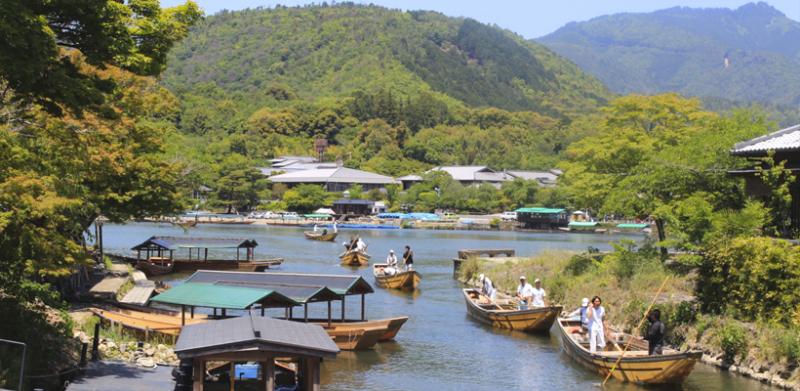
- “Why Are Some People Wearing Surgical Masks?”
This may be the first thing you notice on your visit. Don’t panic! There’s no disease going around. The Japanese wear surgical masks to avoid colds and other bacteria, but usually they’re worn if a person is already sick and wants to protect others. If you have a cold or catch one in Japan, be respectful and wear a mask as you travel. You can purchase them in any grocery or convenience store. And don’t forget: 100 yen stores sell almost everything you might have forgotten or not known you’d need!

- “How Do They Keep the Country So Clean?”
Do not litter while visiting Japan. I repeat: Do not litter! The Japanese take great pains to keep their cities clean. You can trust that stores and restaurants are also held to this high standard. Most restaurants will ask you to remove your shoes before entering through the lobby. Shoes are seen as especially dirty because they touch the ground all day. As a guest in a Japanese household, you’ll be given guest slippers, but at restaurants your socks will suffice. If you need to use the toilet, bathroom slippers are provided.
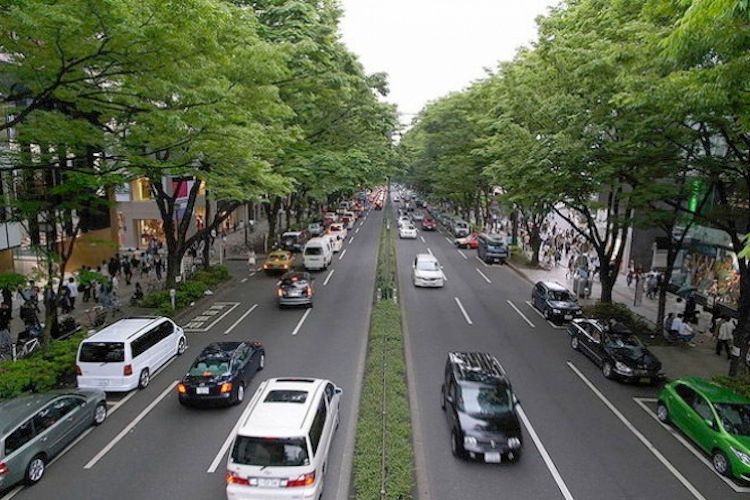
- “If Japan is So Clean, Why Are There No Trash Cans?”
In Japan, too many trash cans are dangerous in crowded areas. You’ll have to hold onto your garbage until you find one. Trash cans are usually grouped together in an open space. But hold on! Recycling is a major source of pride to the Japanese, and they recycle almost everything.
Remember: Observe the procedures (notice the pictures on the cans) and recycle trash properly.
- “Why is Everyone So Quiet All the Time?”
There is a time and a place for everything in Japan –– except blabbering loudly in public. In general, use an ‘indoor voice’ outside. This is hard for Westerners because we often speak loudly. Even if you think you’re speaking quietly, you’re probably not.
Remember: Do as the Japanese do! If everyone is silent on the train, be silent also. Sure, say a few things to your friend; just keep it down.
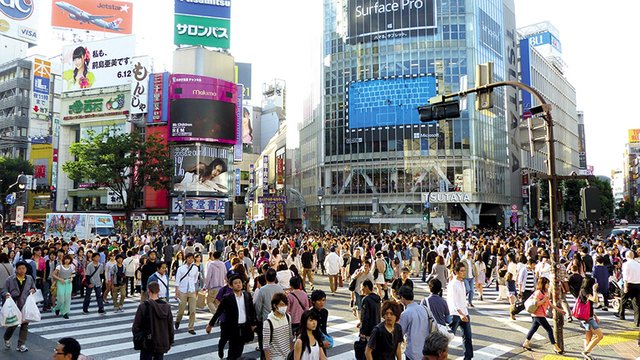
- “Why is Nobody Accepting My Tips?”
Nobody tips in Japan. Ever. In fact, tipping is seen as a rude gesture. Don’t be surprised if a waiter or taxi driver hands your tip-money back. So what’s the deal? In Japan, nobody believes they deserve monetary incentive for doing a good job. If you try tipping them extra, it’s like bribing them to ‘do better.’ But don’t worry. The Japanese know you’re probably unaware of this, and won’t take it personally. If you try giving them a few extra yen, they’ll just hand it back and smile. No harm done.
- “How am I Ever Going to Find My Way Around?”
Trust me, the subway is way easier than you think, but here are some tips to help you navigate the system. First, try walking to the ticket booths and saying to the employees inside: “Sumimasen. Eigo no mappu wo arimasuka?... Arigatou gozaimasu!”
Excuse me. Is there an English map? ... Thank you so much!
(Sue-mi-ma-sen. Ay-go no mah-pu o ah-ri-ma-ska? Ah-ri-ga-toe go-zai-mahss!)
Once you’ve got an English map, find your location. Then, trace a line along the rails leading to your destination. The number listed next to the destination is how much your ticket costs. Insert the amount into the ticket machine, take the ticket that pops out, and feed the ticket into the machines where you board. Most trains have screens that show destinations in English. The stops will usually be announced in English over the intercom, too. Remember to switch trains when necessary! If you do run into trouble, use these phrases to help you out.
“Sumimasen. ... wa doko desuka?”
Excuse me. Where is ... ?
(Sue-mi-ma-sen ... wa doe-ko dess-ka?)
“Watashi wa doko desuka?”
Where am I?
(Wa-ta-shi wa ...)
Remember: Always say, "arigatou gozaimasu!"
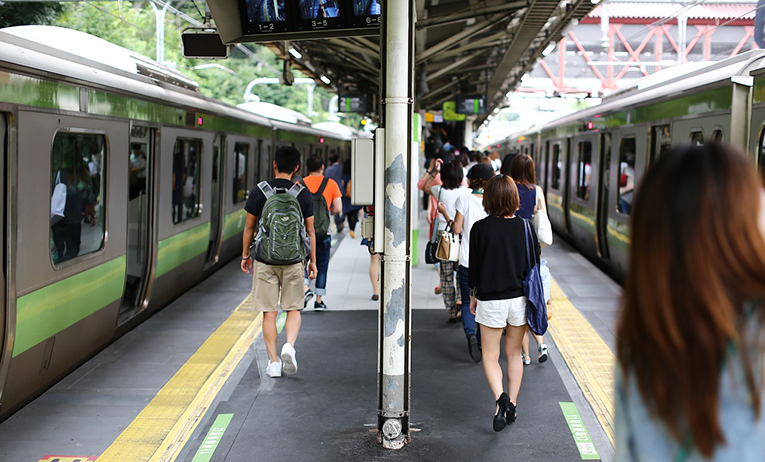
- “What’s the Deal with the Toilets?”
If you just can’t resist a mysterious button, there’s one you must know among the thousands that Japanese toire (toe-ee-ray) have, and it looks like this: 止 This tiny button will save you from certain embarrassment if you find your toilet spraying water and playing music, because 止 stops every function and restores order to your bathroom.
Every house and most restaurants will have luxury toilets in Japan, but you won’t find them on the metro. Let’s review some of the buttons you’ll find on them...
おしり (oshiri), or ‘buttocks,’ releases a spray of water. If you’re standing, expect a punch of water in the face. ビデ (bide), or ‘bidet,’ is like oshiri, but for women. And 乾燥 (kansou), or ‘dry,’ will release a burst of air. Also, observe the flushers to conserve water –– 大 for a big flush and 小 for a tiny one.
Remember: Japanese bathrooms do not typically stock toilet paper! If you forget, buy some in the dispensers, if you’ve got the change.
- “Why Won’t Anybody Accept My Credit Card?”
Japan is largely a cash-based society, so most places will not accept your credit card. Even grocery stores are often cash-only. That means you’ll need to convert your money if you want to buy anything –– or eat. Which you probably do. I recommend transferring cash to Yen before arriving in Japan.
Traveling on the trains can be expensive, though, so have at least 3,000 JPY (30 USD) for your first trip, in case you get lost. To get there-and-back, most day trips are in the range of 15 USD. Buses are typically 280 JPY (2.80 USD). If do you find yourself strapped for yen, most convenience stores have international ATMs. Just expect a charge.
- “How Do I Ask For Things in Stores?”
Whether at a store or in a restaurant, you’ll want to know how to ask for something you want. Simply point to an object and say...
“(Kore) wo kudasai.”
Would you please give me (this)?
(Koe-reh o koo-da-sigh.)
Another helpful phrase is...
“(Kore) wa ikura desuka?”
How much is ...?
(Koe-reh wa ee-koo-ra dess-ka?)
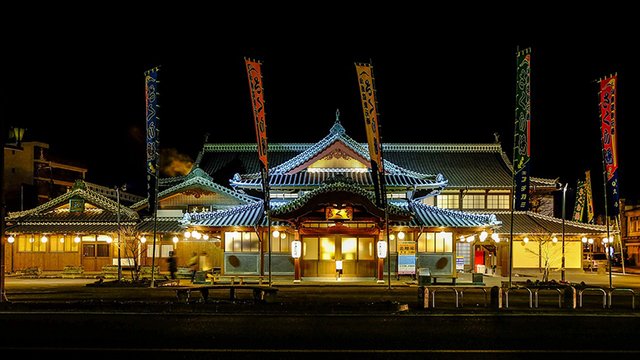
- “Everyone is SO Friendly. Am I Being Rude?”
If you learn one thing from this list, it should be this: Manners matter. Say thank you for everything in Japan! Smile and bow when you say it. An arigatou is good among close friends, but add gozaimasu for everybody else.
“Arigatou gozaimasu!”
(Ah-ree-ga-toe go-zai-mahss!)
Table manners are crucial, too. Before meals, say “Itadakimasu!” Literally, it means “Let’s eat!” but it’s more like, “I am humbled for the food.”
“Itadakimasu!”
(Ee-ta-da-ki-mahss!)
After the meal, say “Gochisousamadeshita!” to express gratitude. They may assume you disliked it should you say nothing.
“Gochisousamadeshita!”
(Go-chee-so-sa-ma-desh-ta!)
Also, try to finish everything on your plate (every single noodle in your bowl of ramen). You could insult your hosts, waiters or chefs if they assume you know better. Every grain of rice should be eaten to show respect to farmers.
Remember: Body language is important! Uncross legs and arms and remove hands from pockets. Always bow to show respect, and smile!
I know, I know. This sounds like a lot to remember! But nobody expects you to be perfect, so just be as kind as possible, remain eager to learn, and try to have fun while studying abroad in Japan.
Hi! I am a robot. I just upvoted you! I found similar content that readers might be interested in:
https://www.goabroad.com/articles/study-abroad/top-10-things-you-need-to-know-before-visiting-japan
Downvoting a post can decrease pending rewards and make it less visible. Common reasons:
Submit